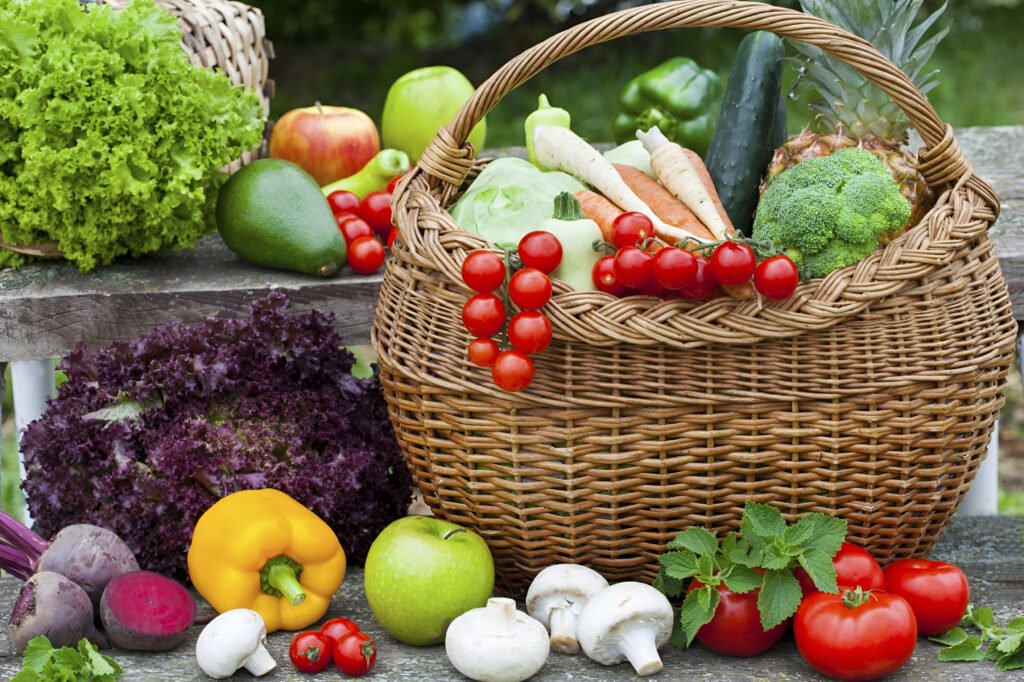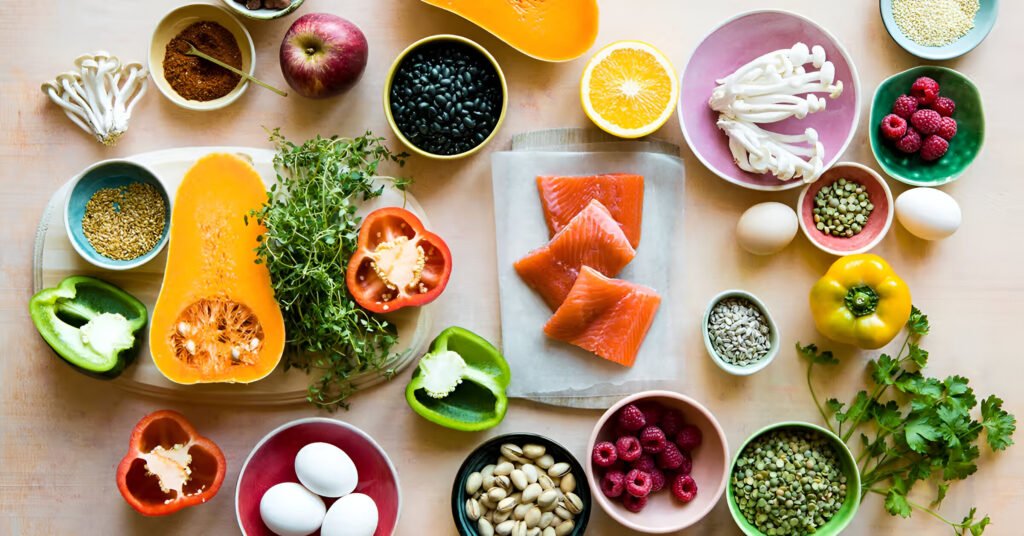
Cancer is a major and ongoing concern to health worldwide around the globe. Although it is true that genetics and the environment contribute to cancer development, it is important to realise that our daily lifestyle choices also contribute a great deal, particularly in the area of nutrition, which can significantly contribute to our overall risk of developing the disease.
Dr. Mingyang Song, a Harvard T.H. Chan School of Public Health associate professor of great renown, stresses the need to implement active and preventive policies. He propounds that eating habits such as frequent health screenings, stress relief, and aware eating can lead to a considerable reduction of the risk for cancer.
The Hidden Dangers of Ultra-Processed Foods
Ultra-processed foods (UPFs) are industrially prepared foods that are predominantly composed of food-derived substances like fats, starches, added sugars, and hydrogenated fats. Examples include snacks from packages, cereals with sugar, processed meat, and soft drinks.
Why are they hazardous?
Poor Nutritional Profile: UPFs are usually high in salt, sugar, and bad fats and low in nutrients and fiber.
Potential Carcinogens: There are certain food processing operations that can lead to the formation of harmful chemicals, which can be detrimental to health. For instance, when meat is heated to very high temperatures during processed meat cooking, this can result in the formation of heterocyclic amines, which are a group of chemical compounds that have been reported to be linked with an increased risk of cancer.
Additives and Preservatives: Most UPFs have used synthetic additives and preservatives, most of which contain carcinogenic contents.
Dr. Song emphasizes that excessive use of UPFs has been associated with higher risks of acquiring various forms of cancer, particularly colorectal cancer.
Promoting a Cancer-Preventive Diet
Having certain foods in our diet can decrease one’s risk against cancer.
Vegetables and fruits are excellent sources of essential minerals, essential vitamins, and antioxidants that are highly active in fighting oxidative stress and inflammation in the body.
Whole Grains: The fiber present in brown rice, oats, and whole wheat bread helps in digestion and can lower the risk of colorectal cancer.

Nuts: Almonds, walnuts, and other nuts are excellent sources of healthy fats and antioxidants that provide overall well-being.
Yogurt: High-probiotic yogurt can improve the health of the gut. Daily yogurt consumption has been linked to a reduced risk of some cancers, according to some research.
Dr. Song emphasizes with extreme relevance that these types of diets, which are usually seen as healthy and nutritious, are actually linked to a considerably lower risk of cancer formation.
Practical and Helpful Tips on a Cancer Prevention Diet
Restrict Processed Foods: Restrict intake of packaged snacks, sweet drinks, and processed meat.
Boost Plant Food: Try to consume at least five portions of several different fruits and vegetables each day.
Choose Whole Grains: One is to choose brown rice, quinoa, and whole wheat foods instead of refined grain foods.
Emphasize Healthy Fats: Add olive oil and include nuts and seeds in the diet.
Stay Hydrated: Consume lots of water and restrict sugary drinks.
Moderate Drinking: Heavy drinking has been associated extremely strongly with increased risk of developing all types of cancer.
Conclusion: Small Changes, Big Impact
While it is true that possibly there is no one diet that can absolutely ensure cancer protection, the awareness that making conscious and thoughtful eating decisions can make an enormous difference in reducing one’s chances of developing the disease is of utmost importance.
Emphasizing the need to add whole, unprocessed food to everyday diet with a reduction in ultra-processed food intake is a healthy and constructive way of obtaining improved overall well-being. By adopting and implementing such healthy habits, individuals are taking things into their own hands to control their future well-being and can actually reduce their risk of exposure to cancer in the future.







